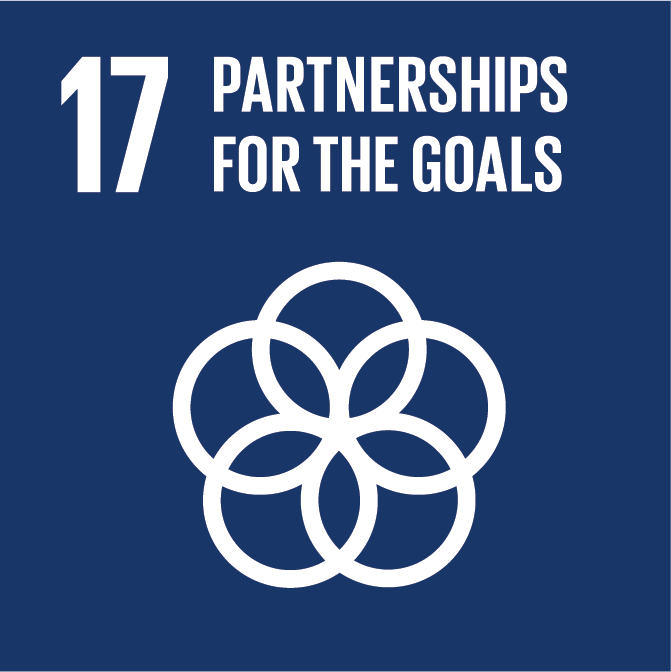Topic outline
This course was created with Adobe Flash technology. Since this technology is no longer supported by modern internet browsers, the online version was removed. The downloadable version is still available. In order to access it, please read the instructions in the System requirements section below.
This course explains that Knowledge sharing implies culture change, collaborative work and building trust. This course enables organizations and communities to work more effectively and enhance their visibility.

This course is aimed at staff working in a wide range of organizations including international organizations, donor agencies, multilaterals, NGOs, research institutes, national governments, regional organizations, and indigenous NGOs.
- Benefits and costs associated with knowledge sharing initiatives
- Approaches for assessing knowledge assets and developing a knowledge strategy
- Knowledge sharing at team, organizations and community levels
- Communities and networks support to knowledge sharing
- Existing methods for knowledge sharing and learning
- The importance of social media to collaborate and to exchange knowledge
The course consists of 36 lessons, ranging from approximately 15 to 120 minutes duration each, grouped into eight units:
Unit 1 - What is Knowledge Sharing and Why is it Important?- Lesson 1.1 - Why Should You Care about Knowledge Sharing?
- Lesson 1.2 - Information, Knowledge and Learning
- Lesson 1.3 - The Business Case for Knowledge Sharing
- Lesson 2.1 - Creating the Knowledge Sharing Organization
- Lesson 2.2 - Building and Sharing Content
- Lesson 3.1 - Communities and Networks
- Lesson 3.2 - Communities and Networks in support of Knowledge Sharing
- Lesson 3.3 - Supporting Network and Community Building
- Lesson 3.4 - Barriers and Human Differences
- Lesson 3.5 - Communities and Networks in Institutional Contexts
- Lesson 4.1 - Knowledge Audits
- Lesson 4.2 - Strategic Approaches to Knowledge Sharing
- Lesson 4.3 - Identifying, Motivating and Supporting Knowledge Champions
- Lesson 4.4 - Fostering and adopting Knowledge Sharing Approaches
- Lesson 4.5 - Ensuring the IT Environment Supports Knowledge Sharing
- Lesson 4.6 - Monitoring and Evaluating Knowledge Sharing
- Lesson 5.1 - Methods for Developing KS Strategies
- Lesson 5.2 - Participatory Visioning Methods
- Lesson 5.3 - Methods for Capturing and Organizing Knowledge
- Lesson 5.4 - Intentional Learning Methods
- Lesson 5.5 - Participatory Knowledge Sharing Methods
- Lesson 6.1 - Group Productivity and Collaboration Tools
- Lesson 6.2 - Privacy, Intellectual Property and Access to Social Media
- Lesson 6.3 - Hosted Services
- Lesson 6.4 - Subscriptions, Feeds and Syndication
- Lesson 6.5 - Tagging and Social Bookmarking
- Lesson 6.6 - Blogging and Microblogging
- Lesson 6.7 - Online Video and Image Sharing
- Lesson 6.8 - Podcasting and Online Radio
- Lesson 7.1 - Facilitating Electronic Communities and Networks
- Lesson 7.2 - Face-to-face and Online Facilitation
- Lesson 7.3 - Preparing and Organizing Online Discussions
- Lesson 7.4 - Facilitation Techniques
- Lesson 7.5 - Facilitation Tasks
- Lesson 8.1 - Field-based Methods for Knowledge Sharing"
- Lesson 8.2 - Digital Documentation
The interactive version of the course is available as a downloadable package and only runs on Windows PC’s and doesn't require any additional software. Please read the following instructions.
Evaluate this course
We would be pleased to receive your evaluation of this course, to support us in improving future e-learning courses. Please click on the button below to answer the questions in the form. It should only take you a few minutes!






